Importance of Property Licensing for Landlords and Letting Agents
Property licensing serves as a critical mechanism to ensure that rental properties are not only safe but adhere to high operational standards. This is vital for landlords and letting agents as it solidifies their credibility in a competitive industry. The process of obtaining the necessary licenses is a demonstration of a landlord or agent’s dedication to professionalism and adherence to safety regulations, which are crucial in maintaining tenants’ trust and satisfaction. Moreover, licensing acts as a form of quality assurance that can significantly enhance the attractiveness of the property in the eyes of prospective renters.
Different Types of Property Licenses
Understanding the nuances between different types of property licenses is essential for effective property management:
- Mandatory Licensing for HMOs: This is crucial for properties with multiple, non-family tenants. It ensures that the living conditions are suitable for unrelated individuals sharing the same space.
- Additional Licensing: This may be required in areas where smaller HMOs or other property configurations pose unique challenges or risks that need to be mitigated through stricter regulation.
- Selective Licensing: Aimed at improving standards in broader areas, selective licensing is particularly prevalent in regions undergoing regeneration or those with high tenant turnover.
Each type of licensing is designed to address specific issues and promote better management and maintenance of rental properties.
Legal Requirements for Property Licensing
The legal aspects of property licensing are extensive and designed to protect both the tenant and the landlord. They cover a wide range of criteria from structural integrity and fire safety to security and health standards. Compliance with these regulations is closely monitored by local authorities who have the power to enforce the law through penalties or refusal to issue a license. Regular updates to these laws mean that landlords and letting agents must be vigilant and proactive in keeping their properties compliant.
Benefits of Complying with Property Licensing Regulations
Compliance brings with it a plethora of benefits that extend beyond avoiding legal repercussions:
- Increased Attractiveness to Prospective Tenants: A licensed property is often more appealing to potential tenants, as it assures them that the property is safe and well-managed.
- Preventive Maintenance: Regular inspections required for licensing can help identify potential issues before they become serious, saving money and time in the long run.
- Higher Rental Yields: Properties that meet high standards can command higher rents, directly impacting profitability.
Steps to Obtain a Property License
The steps involved in obtaining a property license are detailed and require careful attention to ensure success:
- Understanding Local Requirements: This involves researching to ensure all local specific regulations are understood and met.
- Detailed Application Process: Submitting a thorough application that demonstrates compliance with all necessary standards.
- Property Upgrades: Often properties will require some level of upgrade or modification to meet licensing criteria.
- Professional Inspections: Engaging with professionals to inspect and verify that the property meets all required standards.
- Fee Structures: Understanding and preparing for the cost implications of licensing, which vary widely by locality and property type.
Common Challenges and Pitfalls in Property Licensing
Navigating property licensing is not without its challenges, which can include:
- Navigational Difficulties in Law: Local property laws can be complex and challenging to interpret without professional help.
- Financial Burdens: Upfront costs for licensing and property upgrades can be significant.
- Administrative Overhead: Managing the paperwork and requirements for multiple properties can be daunting and time-consuming.
Tips for Managing Property Licenses Effectively
Effective management of property licenses involves several best practices:
- Regular Training and Education: Keeping abreast of changes in legislation and best practices through ongoing education.
- Engagement with Local Authorities: Building a good relationship with local licensing authorities can facilitate smoother application processes.
- Utilization of Technology: Leveraging property management software can help keep track of compliance deadlines and document management.
Resources and Support for Landlords and Letting Agents
Landlords and letting agents are not alone; numerous resources are available:
- Government Publications: Most local governments publish detailed guides and checklists for landlords.
- Workshops and Seminars: These can provide valuable insights and networking opportunities with other professionals.
- Online Forums and Communities: These platforms offer a space to share experiences and solutions to common problems.
Conclusion: The Future of Property Licensing
The landscape of property licensing is continually evolving. As cities grow and housing becomes more of a focus, we can expect to see an increase in the rigor and scope of property licensing. For landlords and letting agents, staying ahead of the curve will not only ensure compliance but will also provide a competitive edge in the housing market.







